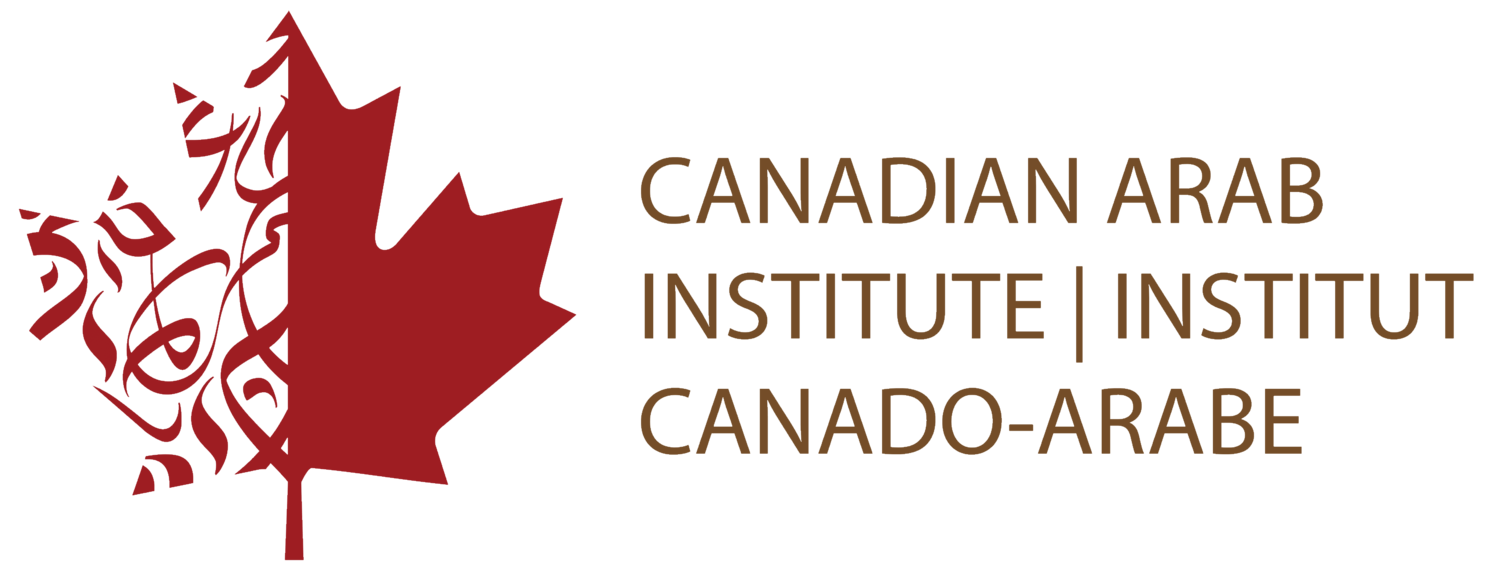Beyond Representation: Celebrating Arab-Canadians in Music
By Danny Hajjar
I still remember the first time I heard Massari.
At the time in 2005, there had not been many artists at the time that were creating pop and R&B music that consisted of English and Arabic lyrics together this way. For me, as a young Arab American kid very heavily influenced by rap and hip-hop, Massari, a Lebanese-Canadian artist himself, and his music provided a sense of familiarity and representation. While his song “Real Love” was what garnered global attention, his song “Inta Hyati” was what captivated me at the time (cheesy lyrics and all).
In hindsight and in understanding who Massari is now, it does feel corny – dare I say cringey – to admit that I listened to his music. That being said, for those of us living in the Arab diaspora, we finally saw someone in the music industry be successful beyond just our own community, and do it in a way that blended all facets of an identity that we will always navigate.
Whether you are part of the Arab diaspora in the United States, Canada, or any other country, there will always be that tug-and-pull between the culture around you and the culture of your family. All of us – individually, within each diasporic community, and as a global collective – have a lifelong journey toward understanding who we are, how we got here, and what we can do to solidify our existence in a meaningful way. That journey becomes increasingly important as we reflect on racist structures that act as barriers against our success – and how we’ve even benefited from those structures.
For music in particular, this art form often provides a perfect outlet for human beings to understand their identity. While Arab representation in the music industry still has a long way to go, we’ve seen many in our community succeed in all facets of the industry, from production to performing to management and everything in between.
Now, I know as an American we have our fair share of incredible artists in our diaspora. But I will be the first to tell you that Arab Canadians and Arabs living in Canada dominate the music industry in ways that many would dream of achieving.
Before getting into their accomplishments in the music industry, let’s talk about the Arab diaspora community in Canada. According to the 2016 census, there are about 1 million Arabs living in Canada. More than 13,000 live in Ottawa South alone.
Arabs are currently the fastest-growing immigrant community in Canada. Between 2006 and 2016, the Canadian-Arab community in Canada increased by 75%, and the community continues to grow exponentially today, thanks to the Government of Canada’s open-minded immigration policies. The majority of Arabs in Canada today are first-generation immigrants, who have chosen Canada to be their home.
It's no wonder that many in the Arab diaspora would now go on to dominate the music scene in Canada, and translate that to global fame.
Aside from Massari, artists like Narcy and Belly significantly helped grow hip-hop’s influence in Canada and paved the way for others like Faouzia, Ali Gatie, Mustafa the Poet, Majid Jordan and Ramriddlz to see international recognition and acclaim. And trust me, that’s just a small handful of artists.
One could argue, though, that for all of the success that Canadian Arabs and Arabs in Canada have had in the music industry, none have been greater than helping expose the world to arguably the two biggest artists right now: The Weeknd and Drake.
For Drake, his management and his label, October’s Very Own (OVO), were co-founded by two Lebanese-Canadians, Noah “40” Shebib and Oliver El-Khatib. As El-Khatib continues to act as Drake’s manager, 40 has gone on not only to produce some of Drake’s most memorable records and albums but also for other artists like Beyonce, Usher, and A$AP Rocky.
Wassim “Sal” Slaiby is the co-founder of XO Records, along with The Weeknd, and also co-manages the artist. Sal is also the founder of his management company SALXCO, through which he also manages artists such as Doja Cat, Nicki Minaj, French Montana, M.I.A., Swedish House Mafia, and Ty Dolla $ign.
You’d think that would be enough for Sal, but he also recently became the CEO of Universal Arabic Music, which will create new opportunities to advance Arabic music and culture with global partners, platforms and brands”.
As important as representation can be, these examples provide so much more than just being able to see ourselves in music. These are testaments of our creativity and our ability to show the world what our artistic visions can look like when given the opportunity.
Never did I think, in 2005, that there would one day be other artists like Massari, infusing all cultures to create beautiful music. We are better, for so many reasons, that we have so many more artists to point to now.
Danny Hajjar is a media relations professional based in Washington, DC. An avid music lover, he is passionate about hip-hop artists in the Middle East and North Africa and the growth of their music beyond the region. He curates music and stories in his weekly newsletter “Sa’alouni El Nas”.
Follow him on Twitter: @DanielGHajjar
